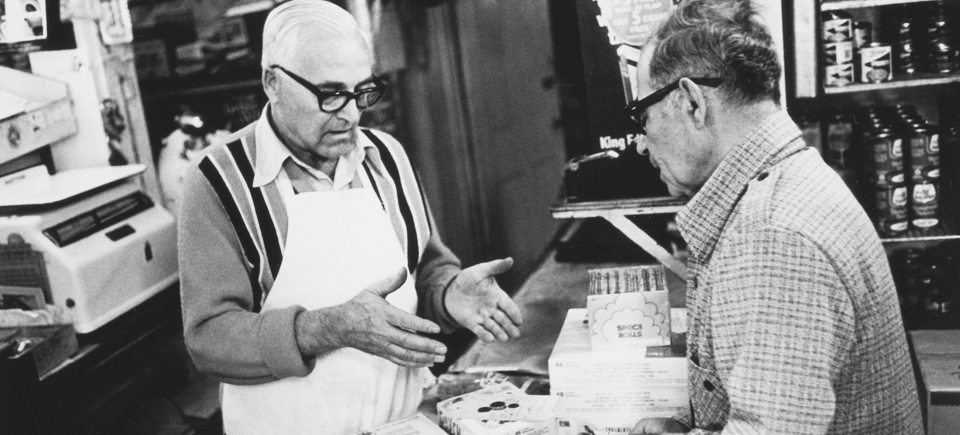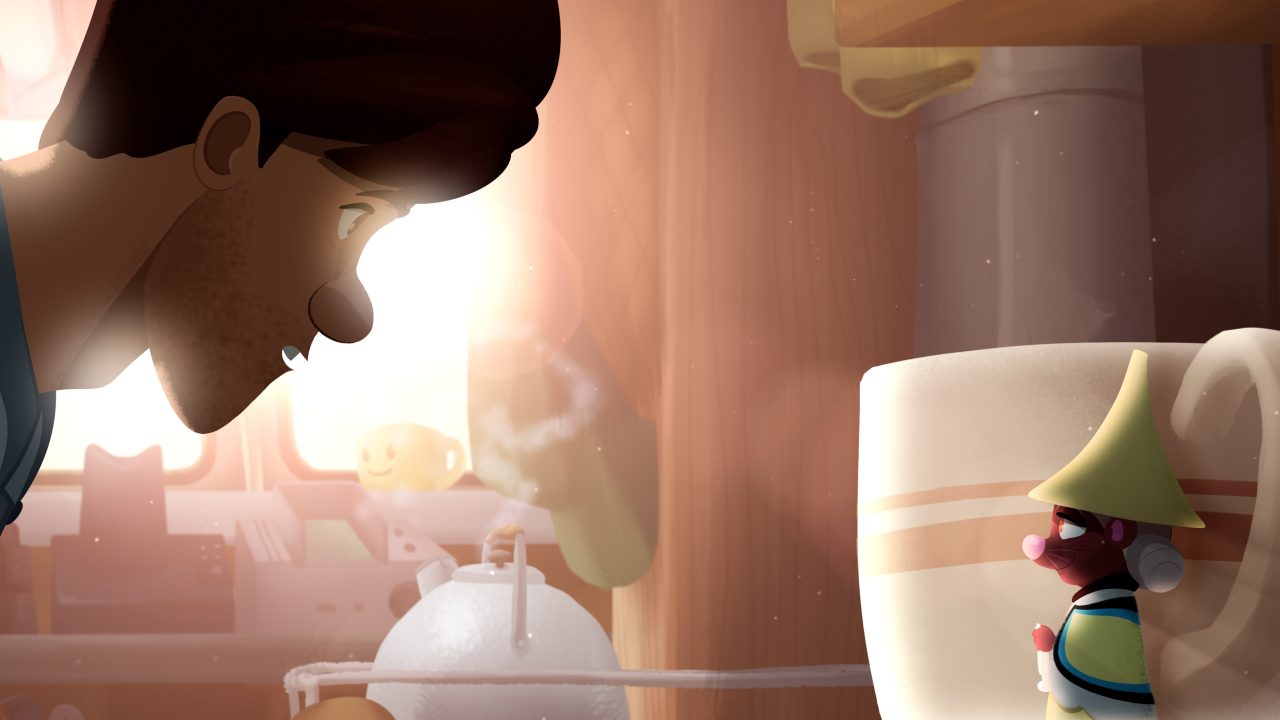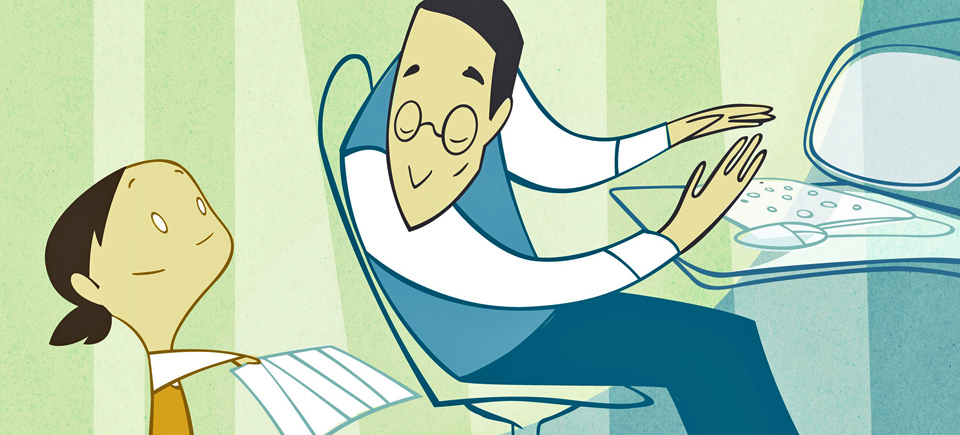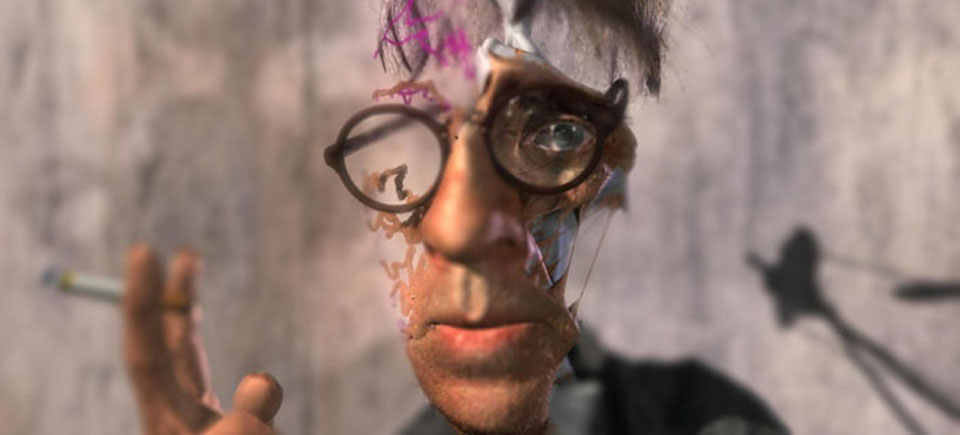
Unsung Canadian Heroes: Fathers
Unsung Canadian Heroes: Fathers
Ah, fathers. Where would we be without them? Nowhere, in fact. We wouldn’t even exist.
Fathers occupy a pivotal role in the family hierarchy – right below the mother. (Ha!) But seriously, the role of a father can never be underestimated. Traditionally, they’ve been responsible for providing for their family while keeping a cool head and a patient demeanor. They’re teachers of bike-riding and ball throwing, fishing, and survival skills. They chase away monsters and carefully extract splinters. And somehow, they manage to sleep uninterrupted. Go figure.
As times have changed, so has the role of fathers. The sign of a good one is one is a willingness to adapt to change and assume whatever role must be occupied – whether it be help on a science project or a strong shoulder after a bad date. So, for all the dads out there, these films are for you. Happy Father’s Day!
The Tooth
We all know this father. We’ve all been this father. If not with a tooth, then definitely with something that seemed trivial to us, but monumental to our kids.
In this charming little short from the Comic Book Chronicles, a father repeatedly forgets to leave money under his son’s pillow in exchange for his lost tooth. Who can blame him? Clearly, he’s binge-watching something awesome, like The Crown or Grace and Frankie.
But as any good father knows, no matter what happens, he must protect the illusion. This is a man who refuses to be the reason his son stops believing in the tooth fairy. With incredible superpowers fueled by not enough coffee, he comes up with reason after reason as to why his son’s tooth has been neglected.
Like I said, we’ve all been there.
The Tooth, Guy Delisle, provided by the National Film Board of Canada
Ted Baryluk’s Grocery
While not explicitly a film about fathers, this short documentary/photo essay is still a perfect fit for this list. Ted Baryluk, in the process of recounting a life spent in his small, corner grocery store, reveals to us the kind of father he is, and the relationship he has with his daughter, Helen.
A few questionable comments aside – surely reflective of the times – Baryluk is the prototypical, first-generation immigrant dad you imagine in your mind. A hard-working man who seldom complains; a man who sacrifices all for the good of his family.
And, like most fathers, he’s stuck in that place between wanting what’s best for his daughter and wanting her to carry on the family business. No matter how things end up, his love for his daughter is clear.
Ted Baryluk’s Grocery, John Paskievich & Michael Mirus, provided by the National Film Board of Canada
The Colours of my Father
Continuing with the theme of fathers and daughters, this short film from Joyce Borenstein serves as both a tribute to her father, and as a vehicle for closure.
Sam Borenstein was born in the early 1900s and lived through a very difficult childhood – surviving both the war and then up to 12 hours of work a day in the factories. His mother died when he was young, and his father, a religious scholar, had little affinity for parenting. But early on, he found art.
When he immigrated to Canada, he took it upon himself to learn English and devoured culture wherever he found it. After meeting a fine art student, he discovered his true calling. From that point on, he devoted his entire life to his one great love – painting. But the sad truth is that his work only became known in his later years.
Sam’s story is told from his own perspective, as well as from his daughter’s. Anecdotes and observations from family and friends are also used to flesh out the picture. You get the sense that it’s through this film that Joyce reconciles her relationship with her father, and his relationship with his paintings.
In the end, it’s through Sam’s art that his daughter discovers his personal history. And it’s through her film that we discover his art.
The Colours of My Father: A Portrait of Sam Borenstein, Joyce Borenstein, provided by the National Film Board of Canada
The Chinese Violin
The father in this short film is animated proof that not all heroes wear capes. Here is a man who raised his daughter as a single parent and risked everything he had to move her from China to Canada in search of a better life.
The father and daughter in this film have the kind of bond that most of us only dream of. Through good times, and especially through hard times, they know how to stick together and find strength in each other. He is her rock, her role model – and she couldn’t have asked for better.
Their bond is symbolized by the violin that the father plays. When he plays, the daughter is filled with joy and happiness, and can “catch glimpses of their future.” She feels secure. When the violin is destroyed, both father and daughter are momentarily at a loss.
But within no time they realize that their bond is much deeper than any instrument, and through positive thinking and proactive behavior, they work towards finding their own happiness. And thanks to the love and support they provide for each other, they succeed.
The Chinese Violin, Joe Chang, provided by the National Film Board of Canada
Jaime Lo, Small and Shy
This short film lies on the other end of the spectrum from The Chinese Violin. In this story, Jaime’s dad must return to Hong Kong in order to find work and support his family. He and his wife immigrated to Canada before their kids were born, but due to hard times, he is forced to return home for work.
This film introduces a different kind of sacrifice, when a father must leave his family in order to provide for them. It’s clear that the bond between Jaime and her father is strong, and she’s devastated at the thought of losing him for months on end. As much as she tries to be brave, she’s still just a little girl missing her father.
However, things take a turn when Jaime finally understands that her father doesn’t want to be so far away, and that things are just as hard on him as they are on her. So, she sucks it up and sends her father the best Father’s Day gift she can think of. Through that one small gesture, both her and her father are able to summon the strength needed to get through the final months of their separation.
Jaime Lo, Small and Shy, Lillian Chan, provided by the National Film Board of Canada



